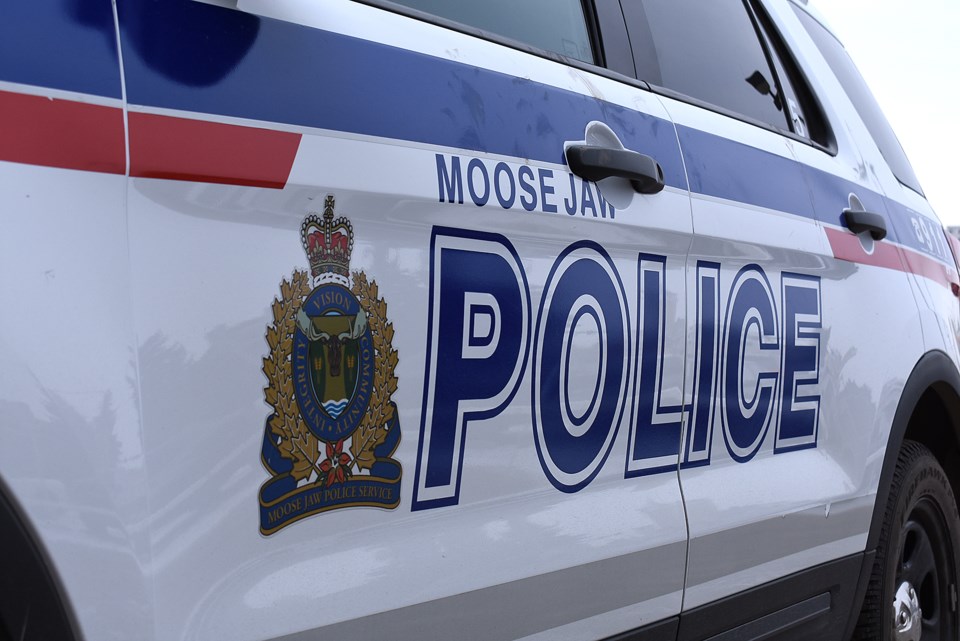The Moose Jaw Police Service has increased the number of female and visible minority officers on the force during the past seven years, but the police chief acknowledges more can be done.
It has been the police service’s strategy during the last few years to earn the respect of the public and police the community with residents’ consent, police Chief Rick Bourassa explained. One way it does that is to adapt to the community’s expectations and values while also maintaining openness, transparency and accountability.
Another way it earns the community’s trust is by being more representative of the community it serves. Attracting, recruiting, and engaging officers from various backgrounds are connected to the public perceiving the police service as legitimate, inclusive and welcoming.
The Moose Jaw Police Service (MJPS) has prioritized and taken steps to create an organization that represents the community, Bourassa told the board of police commissioners’ meeting on July 14. This strategic focus since 2013 has created a more diverse and representative police force.
For example, the number of female officers increased to 10 this year compared to three in 2013. The number of visible minorities increased to four this year compared to none seven years ago. However, the number of Aboriginal officers has remained — at one — the same since 2013.
There are about 56 officers in total with the MJPS.
“This is progress, but we still have a ways to go,” Bourassa added.
The MJPS’s recruitment and selection process incorporates several community-building components and operates within a rigorously legislated framework, which contains criteria that applicants must successfully meet to become an officer, he continued. Some of those requirements include:
- being 18 years old;
- having good mental and physical health;
- vision standards;
- a Grade 12 education;
- being certified in First Aid and CPR; and
- completing a polygraph test and in-depth assessment of the candidate’s background and character.
The organization is not concerned if candidates don’t know about the justice system or policing — it can teach that, said Bourassa. Instead, the MJPS focuses more on candidates who demonstrate integrity and character and how they conduct themselves; it cannot teach those skills.
The police service engages in training regularly around the use of force and de-escalation techniques. It also works with — and receives training and instruction from — community groups such as the Multicultural Council, Pride, and the Wakamow Aboriginal Community Association.
The force is arranging additional training for this fall around “systemic racism.”
Moose Jaw Pride, in particular, has helped the police service to create a detention policy that ensures consistency with gender identification and expression, Bourassa said. The Saskatchewan Police Commission has also helped the force develop and implement a contact interview policy to ensure fair treatment with everyone with whom officers come in contact.
Partnerships have been developed and implemented to move health and social justice issues away from the criminal justice system and more toward social support responses, he continued. The Police and Crisis Team (PACT) works with the Saskatchewan Health Authority to enhance mental health and public safety responses, while the South Central Child Abuse Investigation team works with the Ministry of Social Services to enhance social support and public safety responses.
To increase transparency, the MJPS has installed technological infrastructure at its headquarters, detention area and vehicles. Specifically, in-car video and audio technology allow for the recording of community interactions; video and audio monitor the interactions in the lobby and detention area; and body cameras could be implemented in the future.
“We have robust professional standards to hold us and our members accountable and maintain public confidence,” added Bourassa. This has resulted in the organization dismissing three personnel for serious misconduct during the last two years.
The next board of police commissioners’ meeting is Tuesday, Aug. 11.




